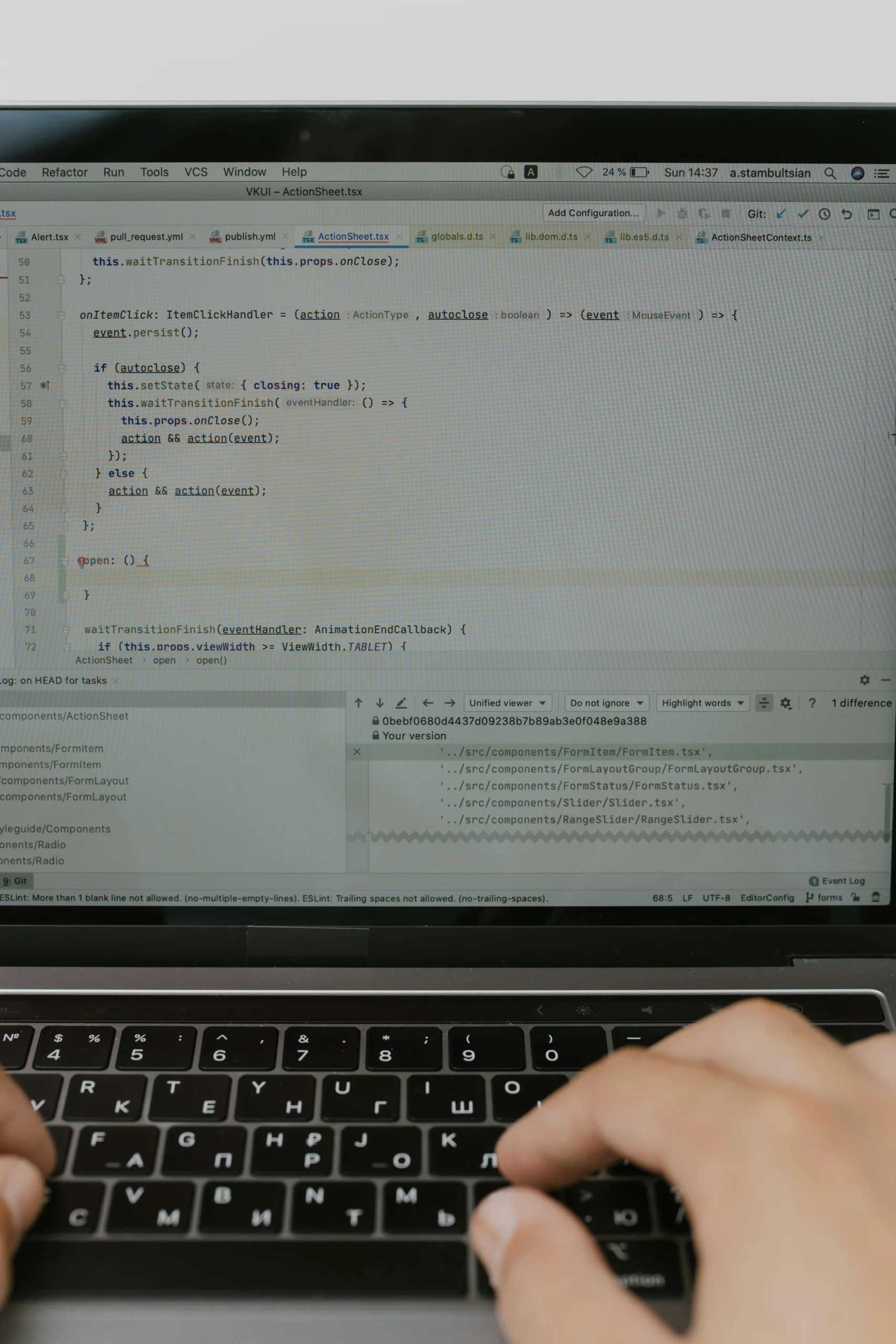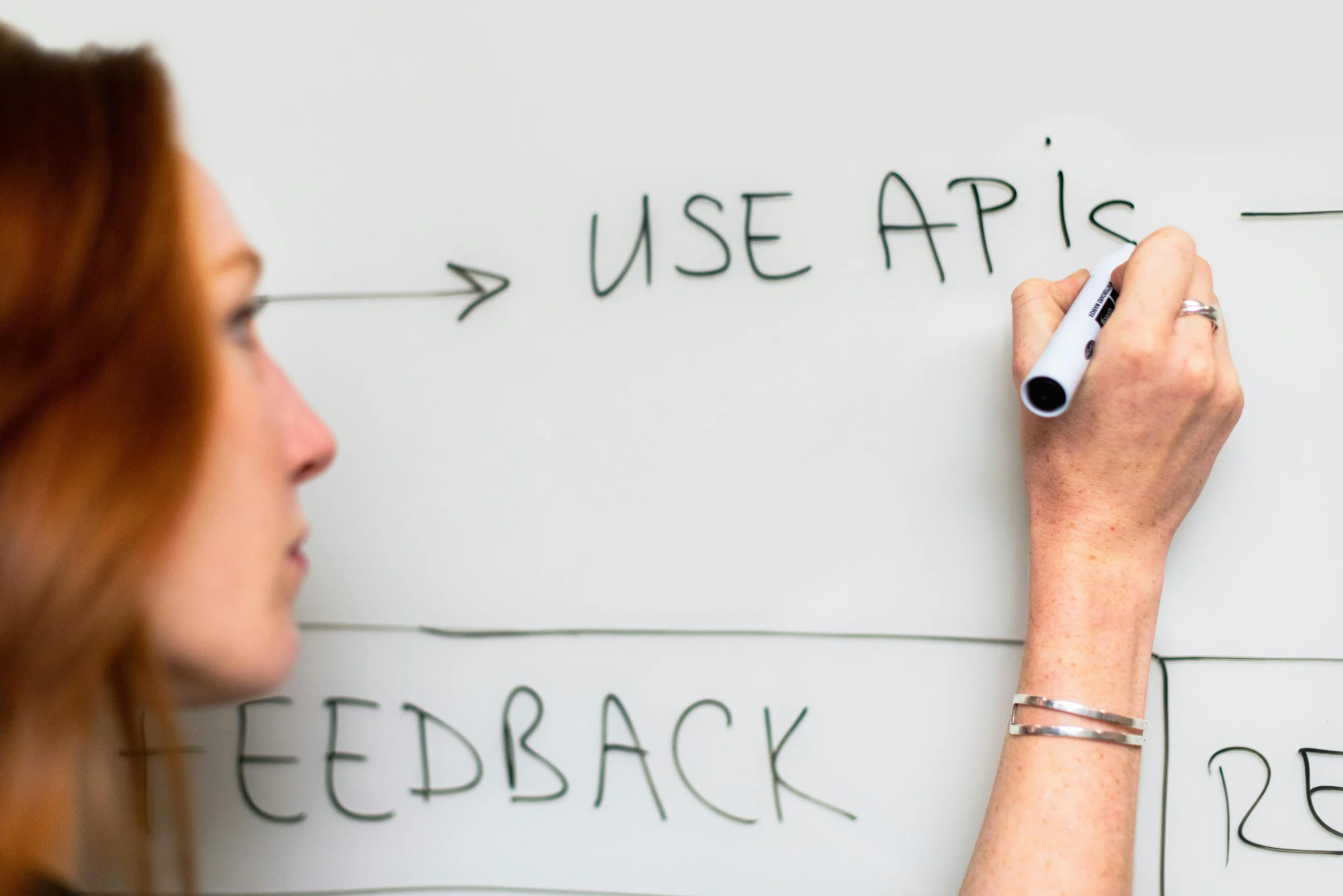World Food Day serves as a reminder of the need for resilient food systems, especially as over 670 million people face hunger while others struggle with obesity. The Abdul Latif Jameel Water and Food Systems Laboratory (J-WAFS) is recognizing MIT’s research efforts aimed at improving food and water systems in the Global South. Recently, J-WAFS awarded grants to several faculty members, including Ali Aouad, who focuses on optimizing food subsidies through advanced data collection and analysis.
Aouad’s project utilizes point-of-sale data from local grocery stores in India to inform food assistance policies. The objective is to design subsidies effectively by understanding consumer preferences better. This approach aims to develop algorithms that can reveal individual purchasing habits and optimize food assistance programs accordingly. Despite the complexities involved in policy design, Aouad believes his data-driven methodology can significantly enhance traditional food policy formulation.
Challenges remain, particularly regarding the implementation and sustainability of new policies. While Aouad’s project could provide valuable insights into consumer behavior, the large-scale application of these findings may encounter cost and infrastructure obstacles. Nonetheless, the ongoing research reflects a commitment to addressing nutrition and food security issues on a broader scale, with hopes to influence future food policy and practice.
👉 Pročitaj original: MIT AI News








